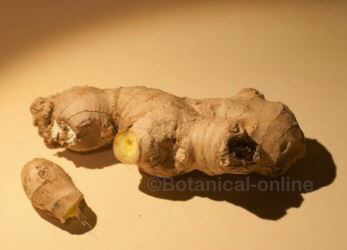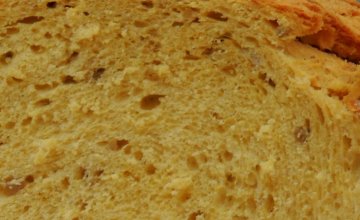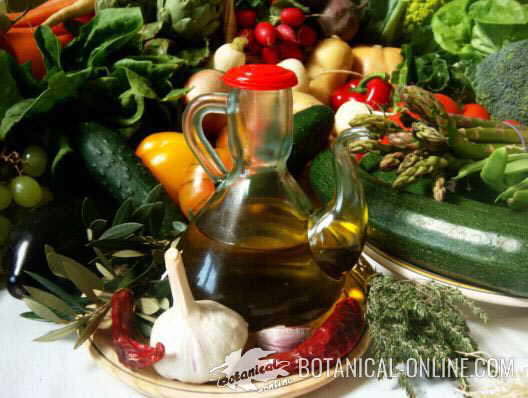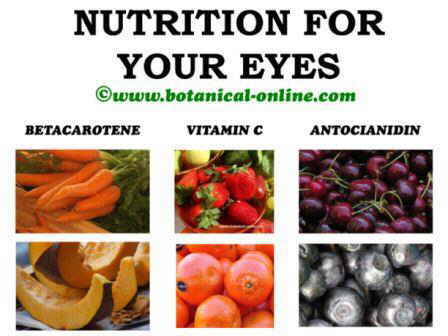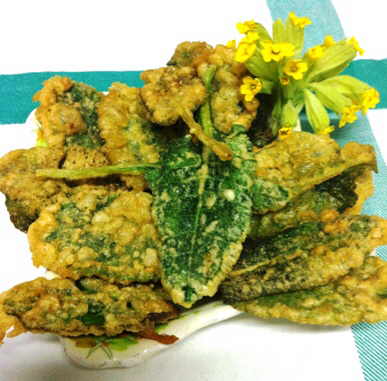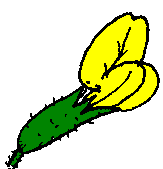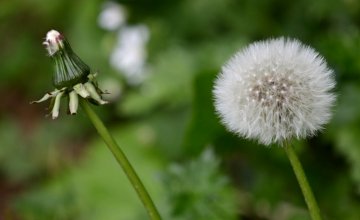Isoflavone content of foods, beverages and supplements
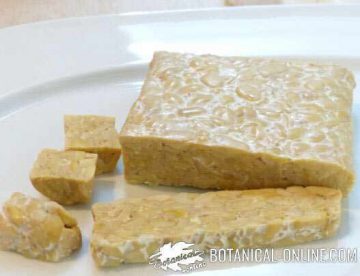
Isoflavones are phytochemicals with hormonal effect produced by some plants, mainly soy. Because they have an effect similar to estrogen hormones, they are sometimes called “phytoestrogens” or “plant estrogens.”
What is the richest food in isoflavones in the diet?
Soy is the food that provides the greatest amount of isoflavones, especially one of its fermented derivatives: tempeh.
There are different types of isoflavones, which are called:
- Genistein,
- Daidzein
- glycytein.
Although they are not so popular, there are other foods besides soy (other legumes) that also contain these substances, although in much lower amounts than soy.
Table of food isoflavones content
According to the food composition tables, the richest soy derivatives in isoflavones are:
Según las tablas de composición de los alimentos, los derivados de la soja y más ricos en isoflavonas son:
| Total isoflavone content of products with soy expressed in milligrams (mg) per 100gr of food | |
|---|---|
| Soy flour | 165 |
| Soy Protein | 91 |
| Natto | 82 |
| Supplements of soy isoflavones | 35 – 60 per tablet (depends on the commercial house) |
| Raw tempeh | 60 |
| Cooked tempeh | 36 |
| Miso | 42 |
| Soy sprouts | 34 |
| Soy yogurt | 33 |
| Cooked tofu | 22 |
| Soy beans | 18 |
| Soy drink (Soy milk) | 11 |
| Tofu | 7 |
| Vegetable burger | 6 |
| Chickpeas | 1 |
| Peanuts | 0,3 |
| Lentils | 0,07 |
Fermented soy products
Fermented soybean derivatives have more bioavailable or assimilable isoflavones than unfermented soybeans. This is due to the action of bacterial fermentation on the degradation of isoflavones in compounds such as equol,which is an estrogen resulting from the action of intestinal bacteria on isoflavone daidzein.
* See: Differences between fermented and non-fermented soy
Why is it interesting to consume isoflavones?
It is known that isoflavones, when assimilated, have anti-cancer properties, for menopause hot flashes and antioxidant effects.
Are foods that do not have isoflavones worse?
There are many beneficial components, in addition to the isoflavones, which vegetables can contain. It is possible that tempeh, so rich in isoflavones, lacks other healthy principles that are found in large quantities in another vegetable. Therefore, that a food does not have a lot of isoflavones does not necessarily mean that it is worse than another. The interesting thing for health seems to include a variety of vegetables in the diet.
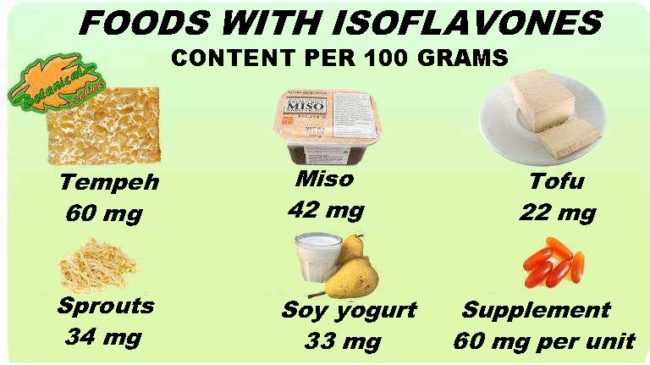
Isoflavone supplements: not recommended
Soy isoflavone supplements have important contraindications because they are in high concentration and because they are more assimilable (in the form of aglycone). At the moment, the safety of using these supplements in the long term is not known and their administration without medical advice is not recommended.
![]() More information on isoflavones
More information on isoflavones

